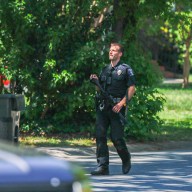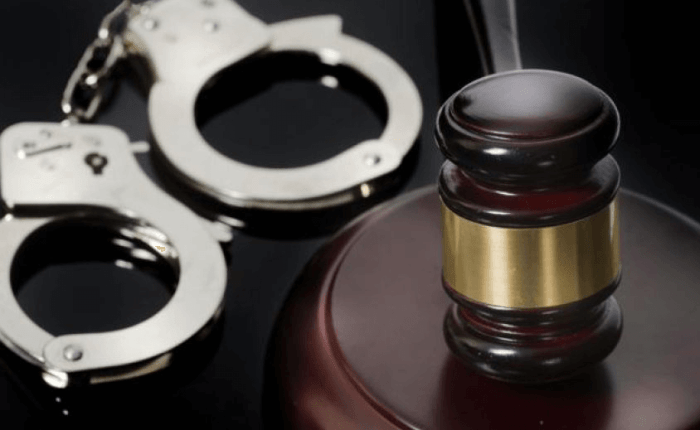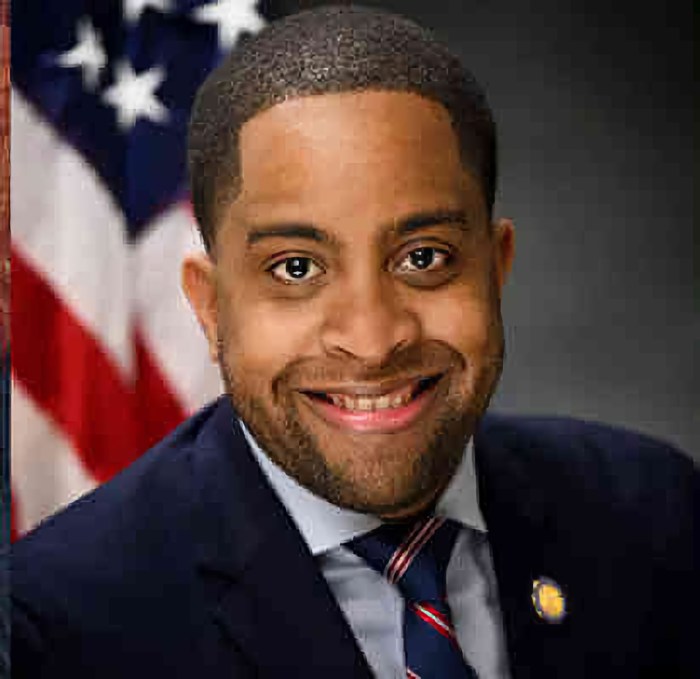Civil rights groups are urging the public to voice their opposition to the Boston Police Department’s plan to spend $1.4 million on social media “spying” software.
The software would scan social media platforms like Facebook and Twitter, as well as monitor internet chat rooms and web searches, according to a request for bids the Boston police advertised for in September. The technology will also be able to monitor the “dark web,” encrypted websites only accessible through certain browsers. The program concerns privacy and civil liberties advocates who say it would, at best, put private people’s messages in public databases and, at worst, would target minority or social activist groups like Black Lives Matter. Kade Crawford, director of the Technology for Liberty Program at the American Civil Liberties Union Boston office, said she worried about the chilling effect a program like that could have on speech online. “People shouldn’t be kept in intelligence databases, their info squirreled away in dossiers,” she said. “Speaking your mind on the internet isn’t a crime and police shouldn’t be worried about people who are.” Police officials were slated to appear before City Council on Monday at a hearing on the city’s $14.2 million homeland security budget. Part of that money would pay for the planned technology which officials have said would primarily be used to combat terrorism. “This is a social media spying program and if the public and officials don’t want this kind of surveillance program to exist, then it won’t,” Crawford said.
Boston Police Commissioner Bill Evans defended his department’s plans to buy the software in an appearance on WGBH’s “Boston Public Radio” radio show earlier this week.
“We’re not going after ordinary people,” Evans said on the show. “It’s a necessary tool of law enforcement and helps in keeping our neighborhoods safe from violence, as well as terrorism, human trafficking and young kids who might be the victim of a pedophile.” Evans said police investigators already monitor this kind of online activity, noting that speech posted on public social media accounts is not protected by privacy laws. Departments in other places have similar technology, including in Los Angeles, Texas, Sacramento, Florida and Macomb County in Michigan, according to a Washington Post report. Each spent significantly lower than what Boston police are proposing —roughly $70,000 over the past three years, the report found. The department could award the bid as early as Monday, but it requires the mayor’s approval.
Audrey Coulter, city spokeswoman, did not say whether the Mayor Marty Walsh would give that approval. But in a statement, she said he “fully supports utilizing additional resources that will allow our law enforcement professionals to keep our city and residents safe, while at the same time protecting the rights and privacy of all Bostonians.”
Civil rights groups speak out against Boston police ‘spying’ software

Flickr


















